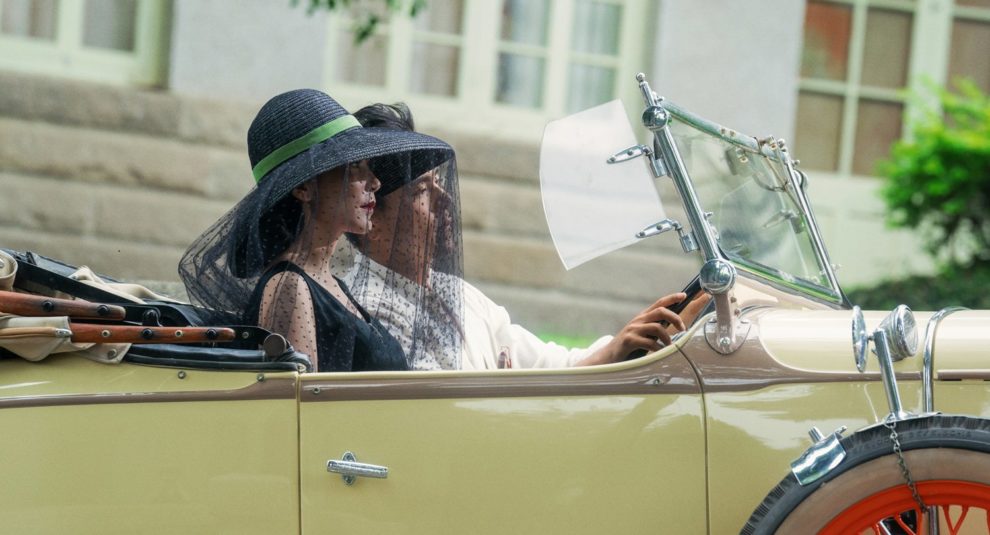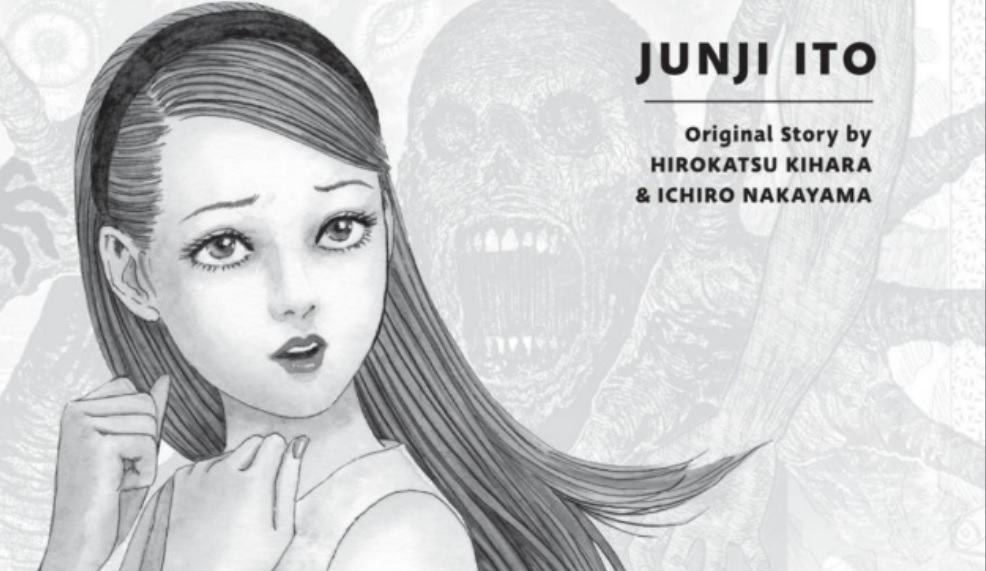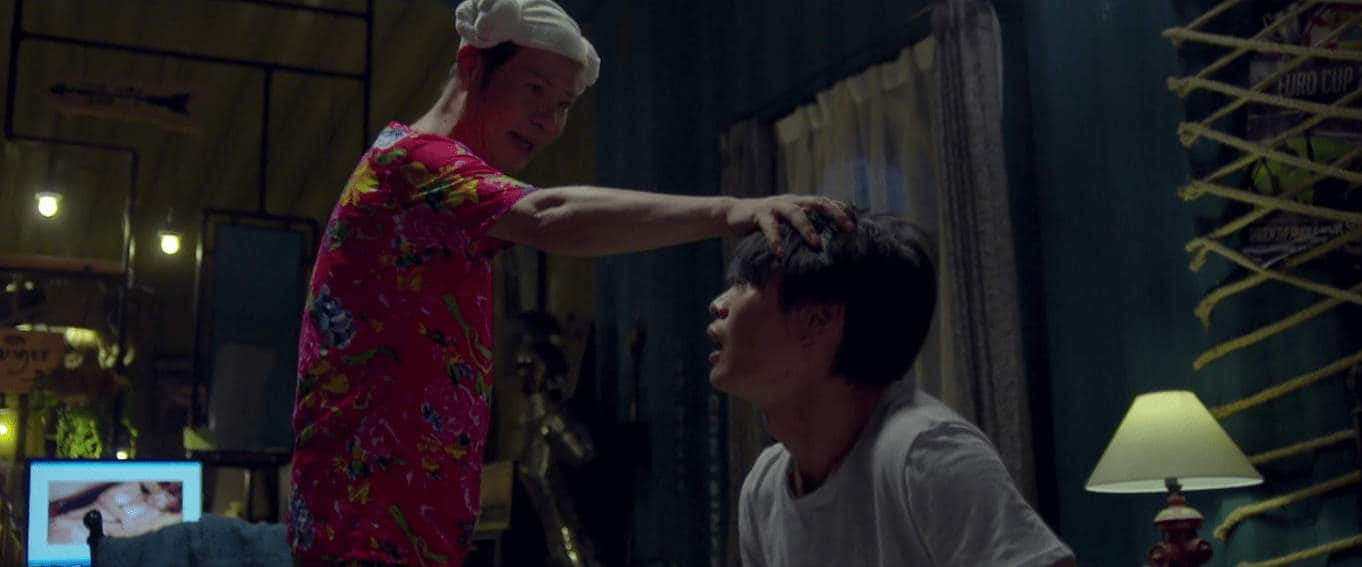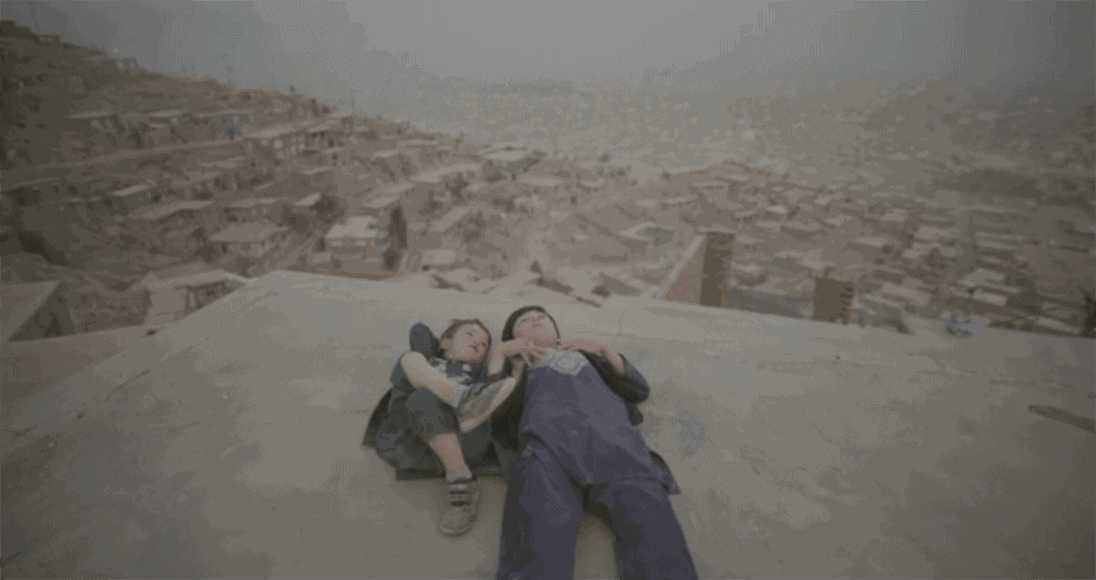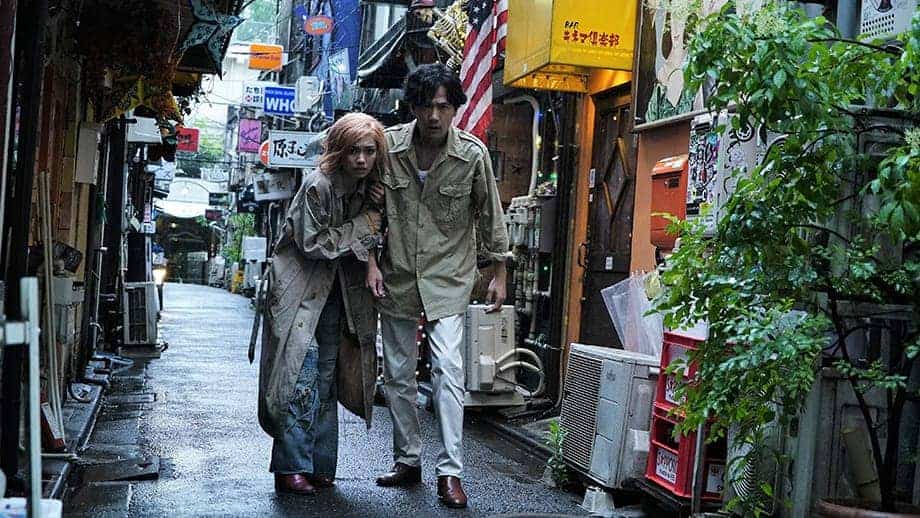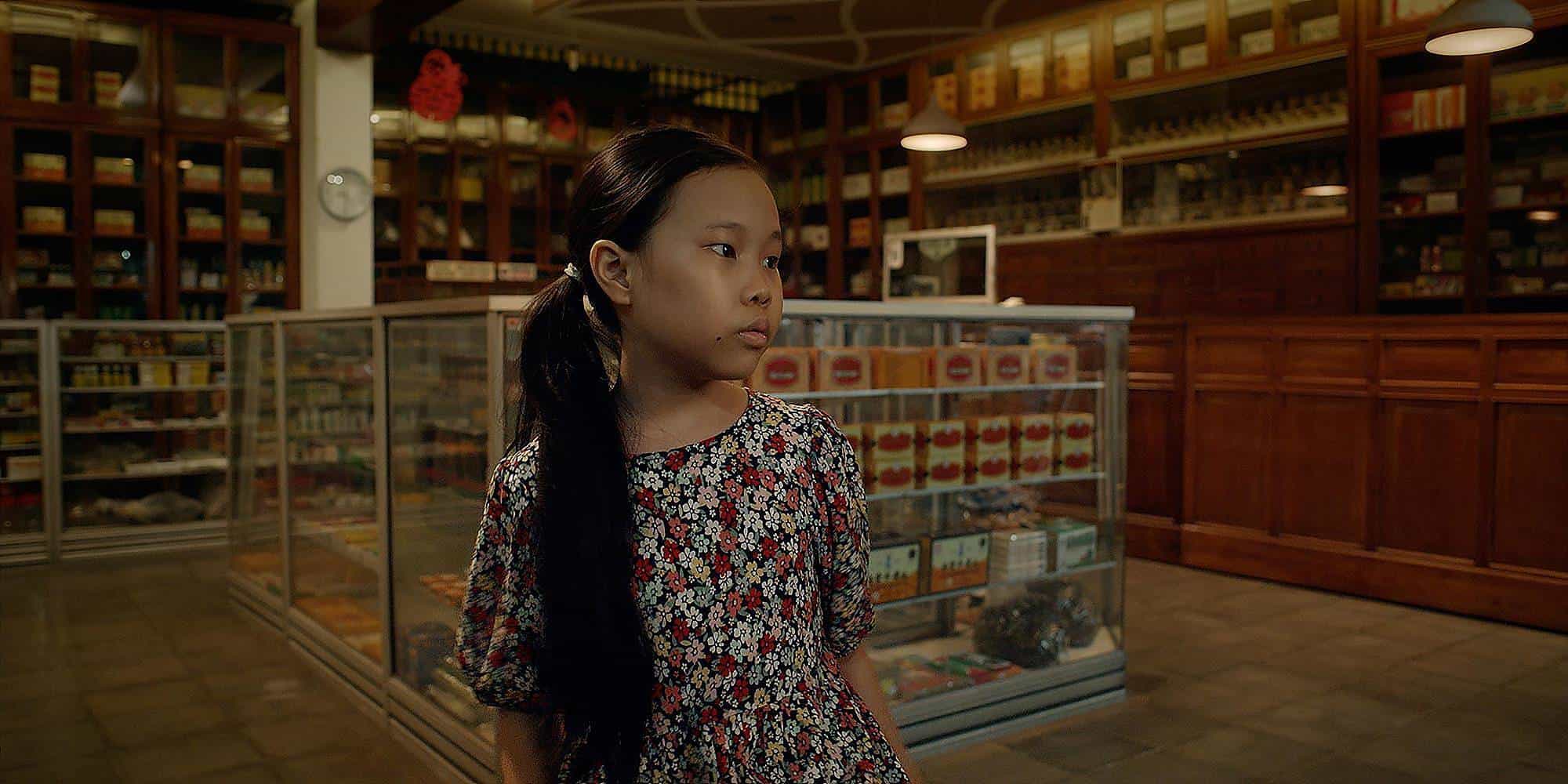Marking the third time Ann Hui adapts a novel by Eileen Chang (after “Love in a Fallen City” and “Eighteen Springs”), “Love After Love” is based on the short story “Aloeswood Incense: The First Brazier”, a work that the director herself admitted was quite hard to bring to the big screen, particularly due to its dialogue-heavy nature. Nevertheless, Hui managed to gather an all-star team, including actors like Ma Sichun, Eddie Peng and Feye Yu, DP Christopher Doyle and Ryuichi Sakamoto who handled the score. Let us see how the movie fares however.
“Love After Love” is screening at Asian Pop-up Cinema

Weilong is a young woman from Shanghai, who has come to Hong Kong to finish her education away from her strict father. Facing intense financial issues, however, she ends up at the gates of Madame Liang's mansion, her father's sister who was excommunicated from the family when she chose to become the mistress of a wealthy Hong Kong businessman rather than marry the man her family chose for her. Madame Liang takes the girl in, reluctantly, and introduces her into the world of the “rich by proxy”, as her whole fortune and place in the Hong Kong high society of the 30s seems to rely on her ability to enchant men of power and to grant various favors. The presence of two of the housemaids in the house, Didi and Ni'er, actually seems to be part of some kind of favor, with the dynamics between the four women, even if Madame Liang is definitely on top, being quite unstable, particularly after a young playboy, George Chia, becomes more and more connected to the various women in the estate. Coerced by her aunt's need to “snatch” her young and handsome friend, Weilong finds herself spending more and more time with George, who also has his issues to face, as the son of his father's foreign mistress. As time passes, the relationships among the protagonists become growingly complicated, and love seems to suffocate in finding space somewhere among them.
The most obvious thing about “Love After Love” is that it is a truly gorgeous film, in all of its aspects. All of the main protagonists, Eddie Peng, Isabella Leong , Ma Sichun, Geihong Yu, Karlina Zhang and Ning Chang are rather attractive, and in combination with the exquisite hairstyles and the costumes by Emi Wada look as if they have just jumped out of a fashion magazine, even in the moments where they are not at their best, when they are angry or extremely sad. This prowess extends to the set design by Hai Zhao, with all the interiors of the houses looking exquisite, while Christopher Doyle has taken care of the excellent portrayal of the exterior scenes, as much as capturing all of the aforementioned beauty.
Contextually, however, the film suffers on a number of levels, even if there are some pros in that aspect. To start with the second, the harsh coming-of-age Weilong experiences in the world of the rich and in the hands of George is well presented, with her transformation being one of the best parts of the narrative, also benefiting the most by Sichun Ma's acting. The fact that, even in the world of the rich, drama and suffering lurks in every corner, is also presented in entertaining fashion, with the same applying to the fact that Hong Kong of the 30's was a man's world, and a Western man's even more to be more specific. Lastly, that it was also a setting where one could indulge one's erotic aspirations quite easily, but equally hard when it came to real love, also emerges as one of the most dramatic and most eloquently depicted aspects of the movie.
However, somewhere in the moment where the boat is about to sail, both literally and metaphorically, is where the movie begins to falter, with the last part bordering on the unnecessary, essentially ruining a story which, at least in the beginning, showed potential of becoming a true epic. Furthermore, the plethora of characters, even at 144 minutes, do not get enough space to “breathe”, with the men in particular, and a number of secondary female characters, ending up as means of impression rather than people of substance. That being said, and despite the relatively fast pace implemented by Chi Leung-Kwong and Mary Stephen's editing, the movie definitely overextends its welcome, particularly in the last part. And on a last comment, shooting an erotic movie where essentially all the sex scenes are implied than depicted, will definitely not work, at least for the Western audience.
In the end, “Love After Love” emerges as something more than an “eye candy”, but not to a degree to fully justify it as a whole, with the final verdict regarding its quality lying with how long one can live with just the undeniable visual beauty of the title.


